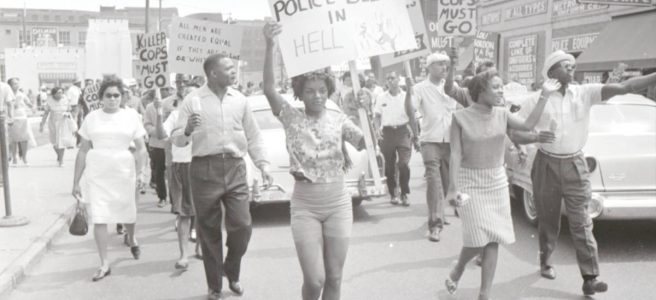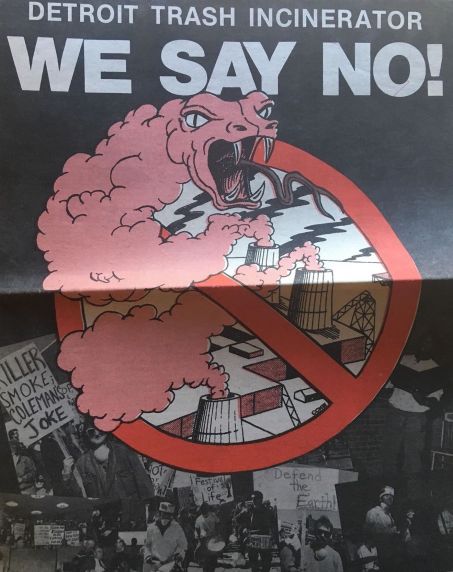Dr. Anna E. Lindner discusses the rise and subsequent downfall of the West Central Organization in Detroit, a coalition of civil rights organizations, community groups, and church congregations that sought to bring attention to housing inequality and other social issues in the 1960s. Although founded with good intent, the group’s aggressive lobbying gained short-term results but turned local media and government administrations against them, and the predominantly white liberal leaders in the organization’s first early years struggled to fully understand and address the systemic racism faced by Black Detroiters.
Lindner is an assistant professor of Media & Communication at Nazareth University and author of the essay, “Seeking ‘Self-Determination’ in Detroit: Housing, Race, and the Activism of the West Central Organization, 1964-1971.”
Related Resources:
“Seeking ‘Self-Determination’ in Detroit: Housing, Race, and the Activism of the West Central Organization, 1964-1971”
Related Collections:
(WSR001897) Wayne State University Collegian Newspapers
(WSR001896) Wayne State University South End Newspaper
(LP000255)
David Cohen Papers
(UP000379) Jerome P. Cavanagh Papers
Episode Credits
Interviewee: Anna Lindner
Producers: Dan Golodner and Troy Eller English
Music: Bart Bealmear
Podcast: Play in new window | Download | Embed


